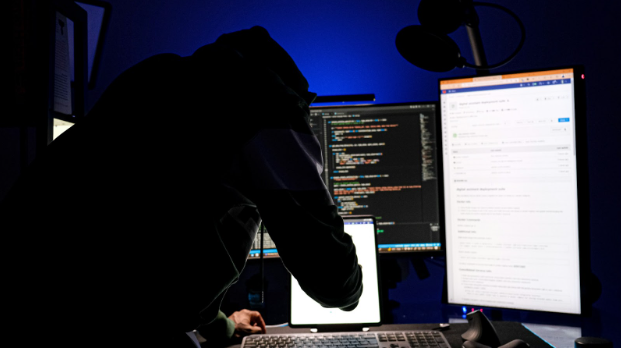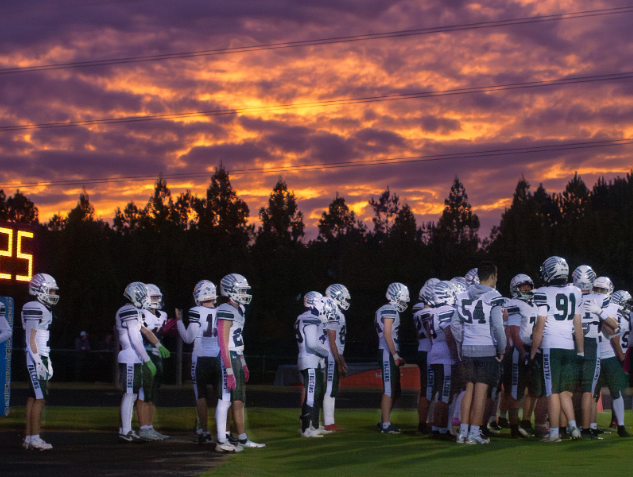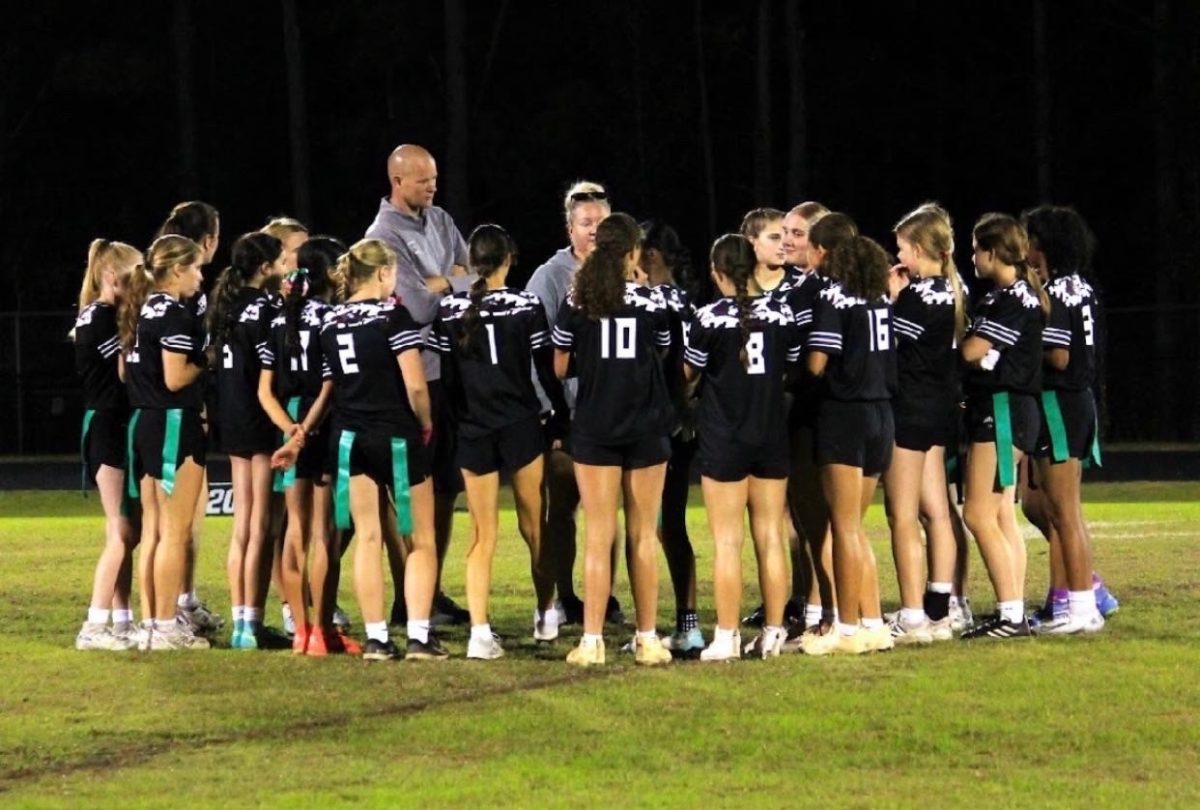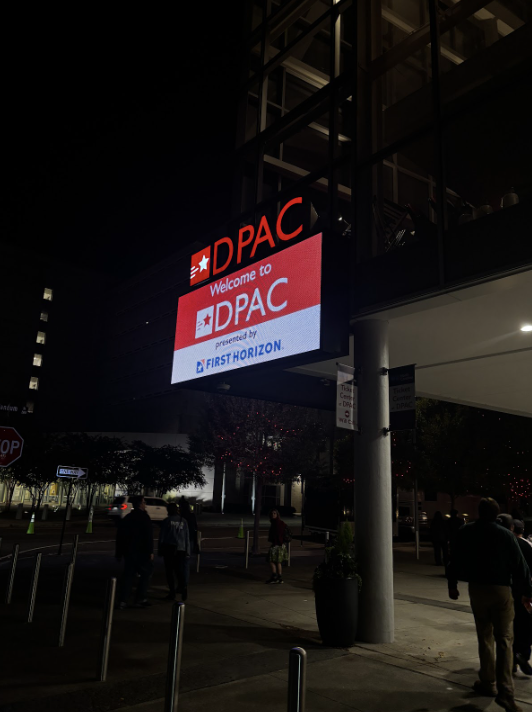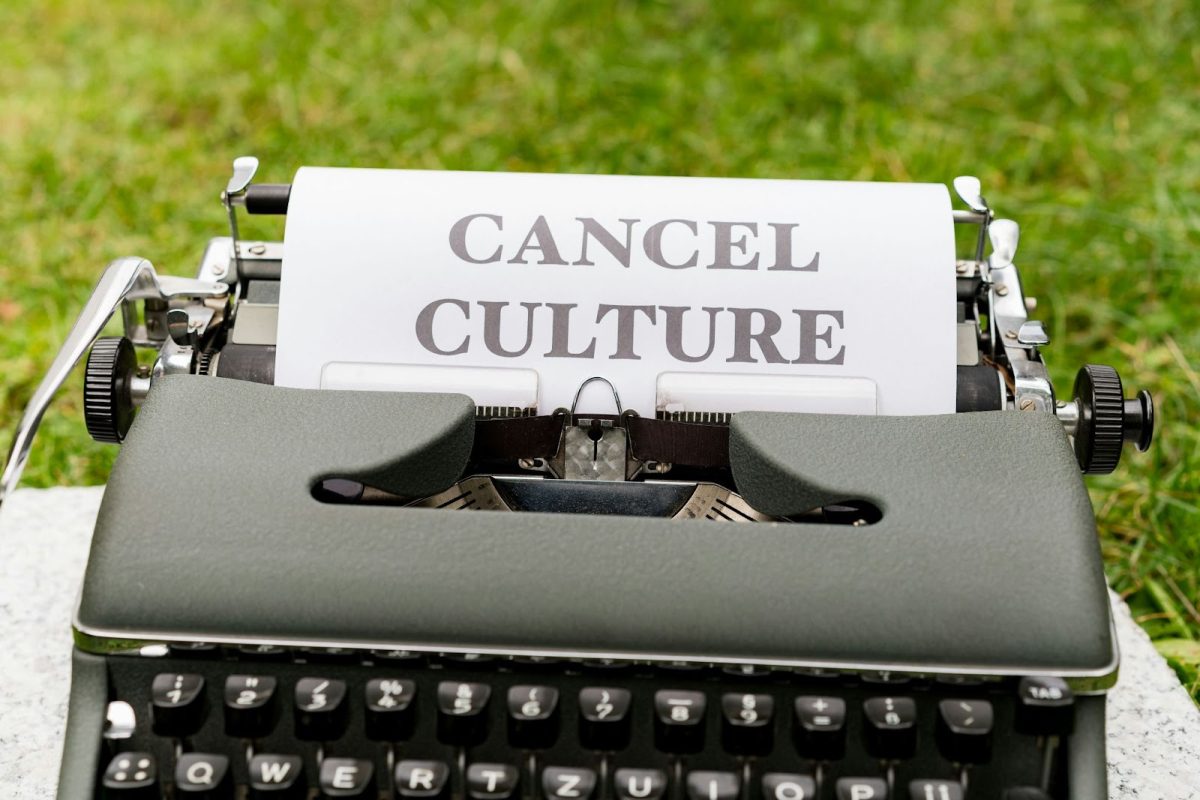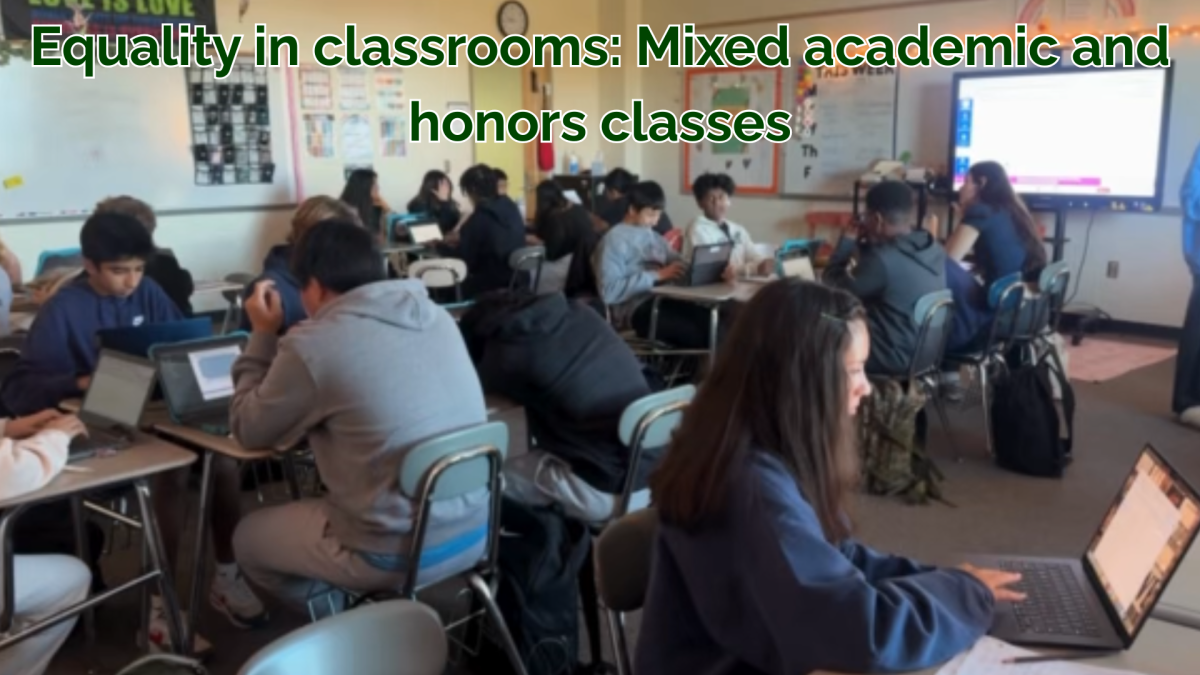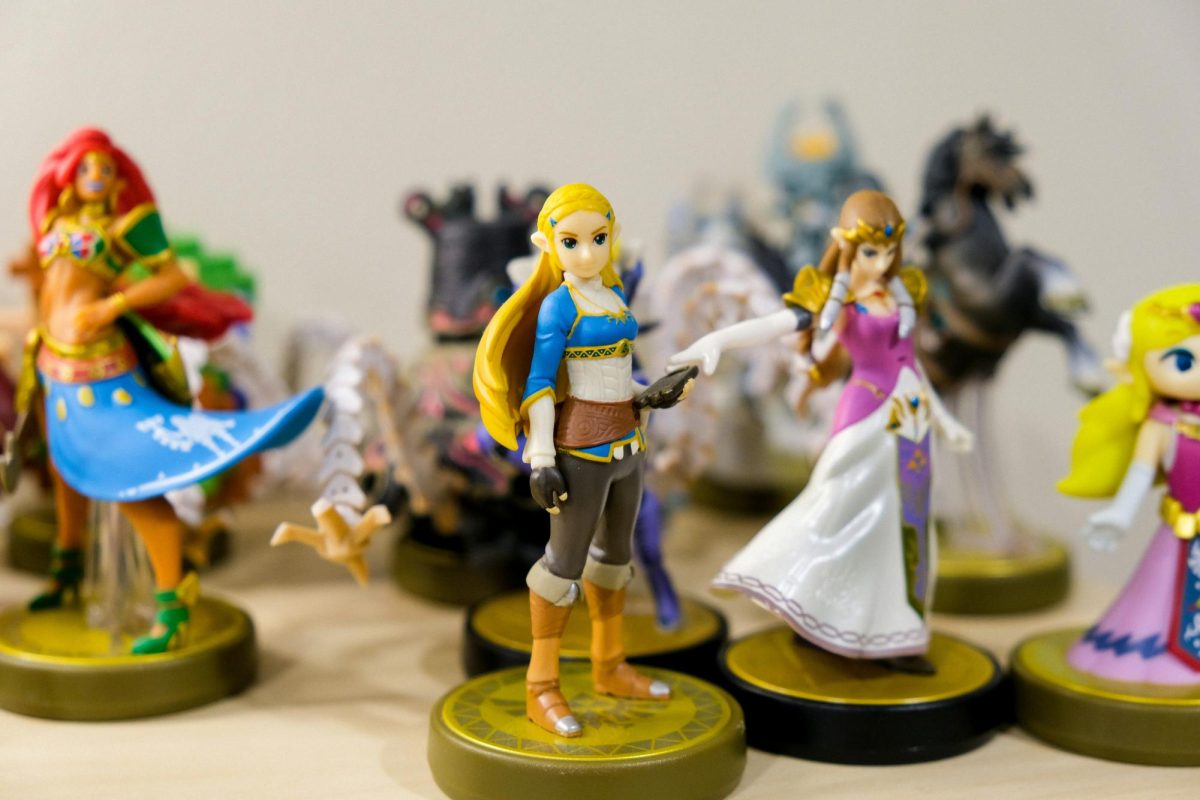A single tweet, post or controversial comment can incite outrage on the internet within a matter of minutes, resulting in a pattern of public outrage, boycotts and apologies, known as “cancel culture.” As a force for justice and accountability, cancel culture has become common but it has also sparked intense debate about freedom of speech, fairness and the danger of the online mob.
Cancel culture is the widespread desire to hold another person, company or organization accountable for their words and actions. Previously, powerful individuals or an institution could do as they pleased without proper repercussions. However,with platforms such as Twitter, Instagram and Tiktok, users are able to call out others’ wrong deeds instantly. Cancel culture is capable of empowering long silenced communities by shedding light on discrimination, harassment, improper use of one’s fame and other problematic actions.
Movements like “#MeToo” and “#BlackLives Matter” gained and spread a lot of attraction on the social media platforms that called for justices. When people join together to call out celebrities, politicians or corporations for their actions, they show the power of public opinion in shaping the moral and ethical standards. Cancel culture is not about destruction to the vast majority, it is about education, learning and change in the society to make it better for everyone.
In spite of this, the practice of canceling is far from perfect. Critics contend that canceling culture tends to lead to outrage instead of understanding and punishment instead of progress. After a person is canceled, it can be really difficult to restore their reputation, even if they apologize for their mistake. Because of this, it may lead to a culture of fear where celebrities feel compelled to stay quiet instead of speaking the truth. Moreover, people have been severely punished for comments that they had made years before, when they were younger and their cognitive abilities were not yet fully developed.
Cancel culture oversimplifies complex situations. All issues are not equal, but the internet more often treats them as if they are. The same level of hate might be directed at someone who makes an ignorant remark as on one who commits something outrageous. That inability to discriminate can make meaningful accountability into performative outrage, where calling out is more about gaining attention or moral authority than actual change.
Gen Z are deeply connected to the digital world and spend much of their time engulfed in it. The GH Falcon sat down with Sai Rithvik Katakam (‘26), a senior at Green Hope High School, to discuss the good and bad sides of cancel culture. He believes that, “It’s good that people are held accountable but sometimes it goes too far, creating disturbance in one’s life.” The argument about cancel culture revolves around a fundamental question: Where should society draw the line between accountability and forgiveness? Everyone is bound to make mistakes,however, learning from those errors must come from education about the matter rather than simply bashing them online.
As the world continues to navigate this issue, what society should aim for is not “canceling” but rather correcting. Instead of permanently banning the celebrity or the organization, society should promote a meaningful conversation,encourage apologies, and support the learning opportunities. Adding more to this, Sai says, “If people cannot make mistakes, they can’t learn.”
Accountability should not be about erasing someone permanently, but instead about making them understand the impact of their action and learn from it. As social media continues to give power to the people and provide platforms to movements of justice, the challenge is finding one that allows for accountability, not cruelty.


